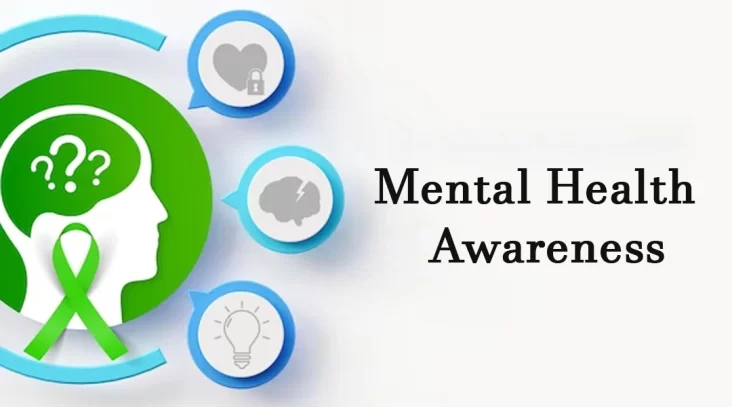Mental health awareness is crucial for breaking the stigma surrounding mental illness and promoting understanding, empathy, and support for those experiencing mental health challenges. Despite progress in recent years, misconceptions and discrimination persist, hindering individuals from seeking help and accessing appropriate care.
Here’s how we can work together to break the stigma
Education and Awareness: Increasing public knowledge about mental health conditions is fundamental to dispelling myths and misconceptions. Education campaigns, workshops, and community events can provide accurate information about the prevalence, causes, symptoms, and treatment options for various mental illnesses. By fostering understanding and empathy, we can challenge stereotypes and reduce stigma.
Open Dialogue: Encouraging open and honest conversations about mental health creates a safe space for individuals to share their experiences and seek support. Initiatives such as mental health awareness days, social media campaigns, and storytelling platforms empower individuals to speak up about their struggles without fear of judgment. By promoting dialogue, we normalize discussions about mental health and demonstrate that seeking help is a sign of strength, not weakness.
Promoting Positive Language: Language plays a significant role in shaping attitudes toward mental health. Using respectful and non-stigmatizing language when discussing mental illness helps reduce shame and discrimination. Avoiding derogatory terms and stereotypes reinforces the message that mental health conditions are legitimate medical concerns deserving of compassion and support.
Celebrating Diversity: Recognizing the diversity of experiences within the mental health community is essential for inclusive awareness efforts. Acknowledging the intersectionality of mental health with factors such as race, ethnicity, gender, sexuality, and socio-economic status ensures that everyone’s experiences are validated and represented. By amplifying marginalized voices and addressing systemic inequalities, we create a more inclusive and supportive environment for all individuals struggling with mental health challenges.
Encouraging Help-Seeking Behavior: Encouraging individuals to seek help for mental health concerns is critical for early intervention and recovery. Providing information about available resources, such as hotlines, support groups, counseling services, and mental health professionals, helps individuals access the care they need. Normalizing help-seeking behavior and offering practical support, such as assistance with scheduling appointments or navigating insurance coverage, can empower individuals to take proactive steps toward improving their mental well-being.
Supportive Environments: Creating supportive environments in schools, workplaces, and communities fosters mental health awareness and encourages individuals to prioritize self-care. Implementing mental health policies, providing mental health training for educators and employers, and offering flexible accommodations for individuals struggling with mental health challenges promote a culture of acceptance and understanding. By prioritizing mental health in all aspects of life, we demonstrate that mental well-being is integral to overall health and productivity.
Challenging Discrimination: Addressing discrimination and prejudice against individuals with mental illness requires collective action and advocacy. Advocating for policies that protect the rights of individuals with mental health conditions, challenging discriminatory practices in healthcare, employment, and housing, and promoting social inclusion and equal opportunities for all are essential steps toward breaking down systemic barriers and fostering a more inclusive society.
In conclusion, breaking the stigma surrounding mental health requires a concerted effort to promote education, open dialogue, positive language, diversity, help-seeking behavior, supportive environments, and advocacy for equal rights and opportunities. By working together to challenge misconceptions, provide support, and advocate for systemic change, we can create a more compassionate and inclusive society where everyone feels valued, understood, and supported in their journey toward mental well-being.

